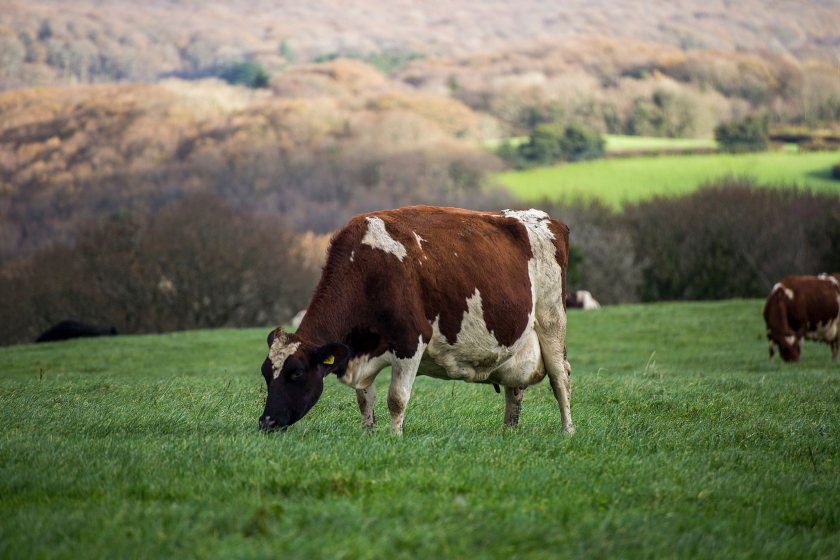
The UK faces a serious threat from animal disease outbreaks that could overwhelm current government capabilities, according to a stark new report from the National Audit Office (NAO).
While Defra and the Animal & Plant Health Agency (APHA) have worked hard to manage a series of outbreaks in recent years, the report finds they would likely struggle to cope with a more severe incident.
It criticises the absence of a long-term plan to reduce risks and build resilience, even as outbreaks become more frequent due to global pressures such as climate change and antimicrobial resistance.
The report highlights several weaknesses in the current system. It finds that contingency plans for managing animal disease outbreaks contain significant gaps, leaving the UK vulnerable in the event of a large-scale incident.
Many of the operational processes used by APHA are described by the watchdog as outdated and inefficient, which could hamper an effective response.
In addition, key infrastructure is not fit for purpose, as the government’s primary animal science facility at Weybridge is in need of major redevelopment.
Although a long-overdue programme to modernise the site is now underway, it is not expected to be completed for another ten years.
Another long-standing issue is the lack of a comprehensive system to trace livestock movements. Despite multiple attempts to implement such a system since 2013, one has yet to be successfully established.
The report also highlights a shortage of skilled personnel. As of April 2025, APHA was operating with a 20% vacancy rate for veterinary staff, which raises further concerns about the agency’s ability to respond to a major outbreak.
Despite some promising initiatives—such as the Animal Health and Welfare Pathway, which supports on-farm disease prevention and research—progress is being held back by vaccine shortages and weaknesses in biosecurity at the UK border.
Currently, only around 5% of live animal imports from the EU and other countries are subject to physical checks, far below the government's 100% target for border inspections by the end of 2024.
The NAO, which scrutinises public spending for parliament, also warns that frequent outbreaks are draining resources and staff attention away from longer-term resilience work.
With teams regularly diverted from routine duties to respond to new threats, the current reactive approach is no longer sustainable.
Gareth Davies, head of the NAO, said: “Defra has assessed that the risk of an outbreak to which it would be unable to respond effectively is above the level it considers tolerable, but it has not determined a way to reduce this risk.
"A long-term strategy and action plan are urgently needed, to protect national economic resilience as well as food security, human health and rural communities.”
